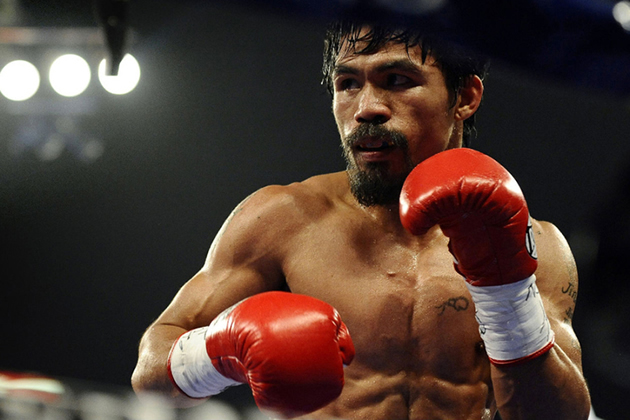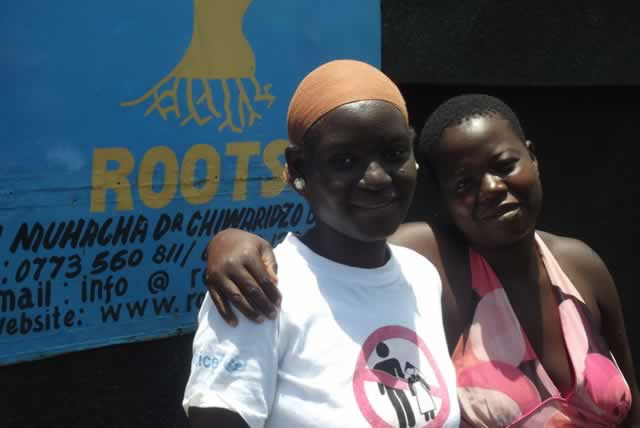New media laws this year, Parly heard

Lloyd Gumbo Senior Reporter
New media laws are expected to be introduced this year to cater for the changing media industry, while existing laws will be amended to align them with the new Constitution, Parliamentarians heard yesterday.
Information, Media and Broadcasting Services permanent secretary, Mr George Charamba, told the Parliamentary Portfolio Committee on Media, Information and Broadcasting Services that plans were underway to reform the media industry to make it viable. The envisaged new laws are the Information Act, the Broadcasting Act and the Film Act.
“The ministry intends to introduce new media Bills this year brought about in the main by major technological developments, which have taken place in the sector and continue to this day, including from our own experiences from the dictates of the digital broadcasting environment,” said Mr Charamba.
“The proposed new media Bills and possible amendments to the existing media laws, will be informed in the main from canvassed views from all stakeholders in the information and media sector and the public at large.”
He said the Bills would also draw from national surveys conducted by the Broadcasting Authority of Zimbabwe and the Information and Media Panel of Inquiry.
Mr Charamba said it was incumbent upon them to amend the Broadcasting Services Act and the Access to Information and Protection of Privacy Act so that they could be in sync with the new Constitution.
“Those pieces of legislation definitely require a second look and reasons are not hard to establish. Firstly, we have a Constitution that we embraced in 2013. It’s the new rule book to which everything else must cohere. Secondly, developments in the broadcasting and print sectors since the promulgation of the two pieces of legislation makes the laws inadequate or inappropriate or simply odd. That’s a compelling reason for us to have a second look at those pieces of legislation.”
Mr Charamba said it was also important to amend the two pieces of legislation to respond to the macro technological development. Turning to digitalisation, he said Zimbabwe was on course to meeting the digitalisation requirements given that resources had been availed for the exercise.
However, he said it was important to create content that would be available for at least 12 television channels that would become available when the country fully digitalised.
“So Zimbabwe must be a content producer nation as well as a nation that protects the content that it produces. But also one that vendors its creativity profitably on the global market. This is one law that has to be nuance enough to be national but broad enough to be global and outright. The content market is inherently global,” said Mr Charamba.
He said all things being equal, they expected digital television services to be launched in April this year.
Mr Charamba, however, said they faced challenges in paying the contractor-Huawei International of China as the American Government and the European Union sometimes froze the payments demanding tedious explanations.
He asked an official from the American embassy who attended the meeting to implore his Government to remove the demands.
Mr Charamba said this resulted in delay of payments, which forced Government to pay using the Chinese currency, a development that further complicated things. He also added that his ministry was consulting publishers to ensure that they worked in a coordinated manner to reduce costs for instance by importing newsprint together.
However, MPs questioned the logic behind such a move considering that the media environment was polarized.
But Mr Charamba said it was in the best interest of the media industry to work together adding that mechanisms would be put in place to ensure the media observed ethics and professionalism in their coverage of news.
He also dismissed media claims that he had instructed media organisations to pull down adverts of STEM saying the issue was between the Ministry of Higher and Tertiary Education, Science and Technology Development and that of Primary and Secondary Education in terms of their operational boundaries.
He said the differences between the two ministries was resolved by Deputy Chief Secretary to the President and Cabinet, Dr Ray Ndhlukula.
Mr Charamba said no one in his ministry could oppose a Government programme that was pronounced by President Mugabe. He said the STEM programme was in line with the Nziramasanga Commission report contrary to an impression that it was established by the Ministry of Higher and Tertiary Education, Science and Technology Development.










Comments